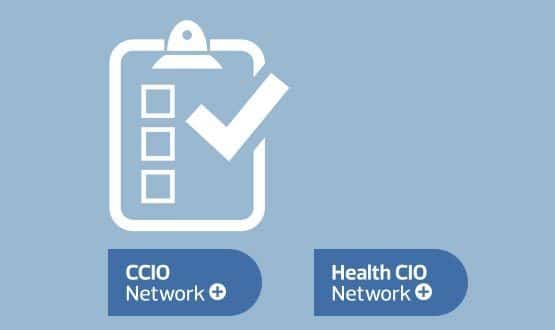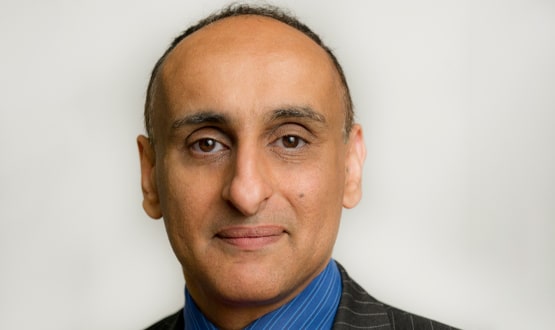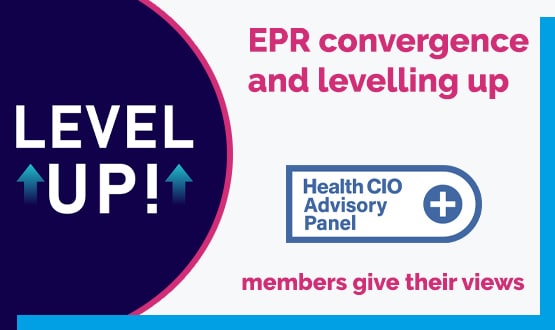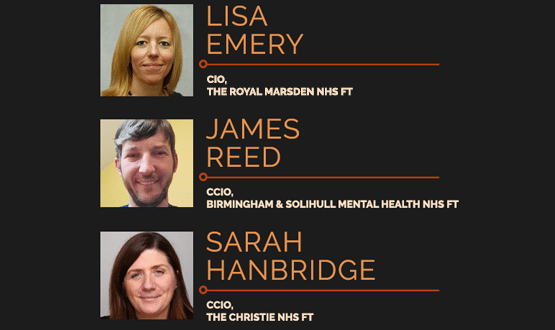NHS IT leaders say ‘paperless’ possible
- 4 November 2015

Two-thirds of NHS IT leaders say they are confident their organisation can meet the goal to become paper-light by the turn of the decade.
Health secretary Jeremy Hunt said the NHS should go ‘paperless’ by 2018 in a speech to the Policy Exchange think-tank in January 2013.
His ideas were refined by the latest NHS IT framework, ‘Personalised Health and Care 2020’, which said that clinicians working in key care contexts should be working “without the use of paper records” by 2018.
It added that patients should have read/write access to their records by the same date, while “all care records should be digital and interoperable” by 2020.
The first Digital Health Intelligence NHS IT Leadership Survey asked leading clinicians and digital health IT leaders about these goals.
Some 67% said they were either ‘quite confident’ or ‘extremely confident’ their organisation will be paper-light by 2020. Only 14% of those surveyed said they are ‘not at all confident’ or ‘not very confident’ of achieving the target.
However, they were less confident about the wider target to have “integrated health and care records, enabling effective co-ordination of health and social care, by 2020.”
Some 56% said they were ‘extremely confident’ or ‘quite confident’ of achieving this, but a quarter (24%), said they were ‘not at all confident’ or ‘not very confident’.
Only 28% said they were confident of giving patients read/write access to their records, while 53% said they were not confident.
The NHS IT Leadership Survey was sent exclusively to members of the CCIO and Health CIO networks, and was completed by 67 of their members.
Their focus on paper-light working was underlined when they were asked about their organisation’s current IT priorities.
The top three IT priorities were: ‘moving to paperless working’ (73%); ‘improving quality of services’, (68%); and ‘supporting new models of care’ (67%).
When asked to name the biggest IT project they are working on at the moment, two-thirds said electronic patient record systems and just under half (45%) electronic prescribing and medicines management.
However, when asked to name their next, big IT project only a third said EPR. This suggests that while many of those surveyed are working on an EPR programme now, they expect to be able to move on soon.
The survey found that NHS IT leaders plan to move on to projects directed at empowering patients, and at creating far better sharing of patient information between different parts of health and social care.
Top ranking for the next major IT project went to personal health records and patient portals, which provide patients to with access to their medical record and test results and services such as appointment booking and email consultations.
Following that were shared records initiatives. E-prescribing and medicines management and EPR were in third and fourth place.
The two highest scored barriers identified by both CCIOs and CIOs were ‘lack of adequate financial resources’ followed by ’lack of staffing resources’.
When asked whether their total current IT budget is sufficient to meet business priorities, a huge 73% said no, with just 13% reporting it was sufficient.
The CIO of one clinical commissioning group succinctly summed up the challenges ahead in a free text comment: “It’s a massive change agenda – much of which requires leadership to garner the hearts and minds of the system.”
Another said: “The National Information Board is providing some very ambitious targets. I believe there is the energy to do these; but it will have to be resourced.”
And the IT director of an acute trust commented: “There is a lot going on locally as well as nationally, and conflicts of priorities need to be carefully, but pragmatically, resolved.”
Digital Health Intelligence NHS IT Leaders Survey, 2015, surveyed members of the Health CIO Network and CCIO Leaders Network in August. Further results will be presented at the annual Health CIO National Conference at EHI Live 2015 in Birmingham at 12.30 today (Wednesday, 4 November).




